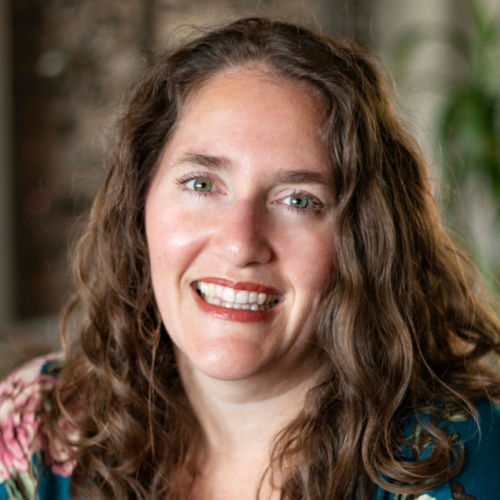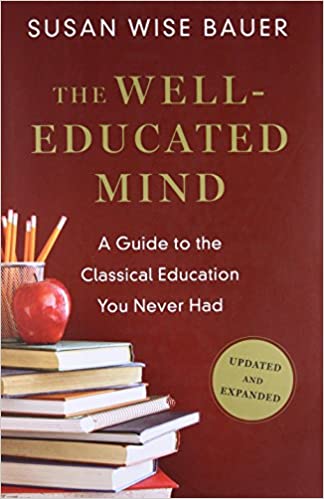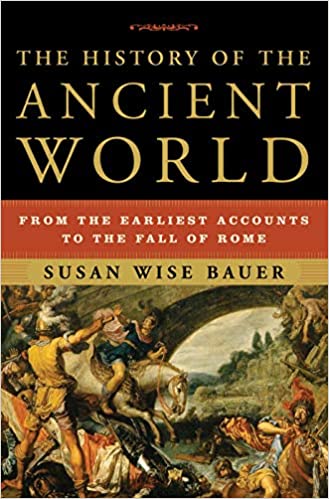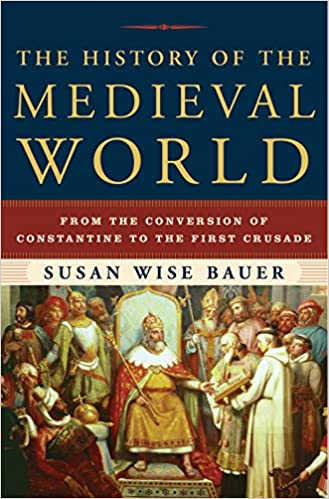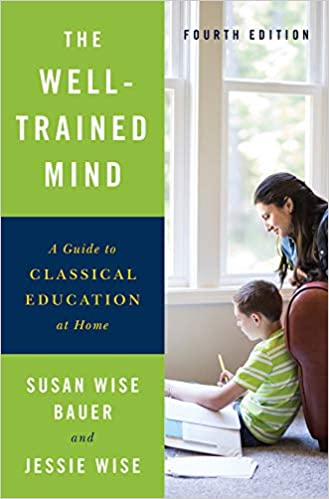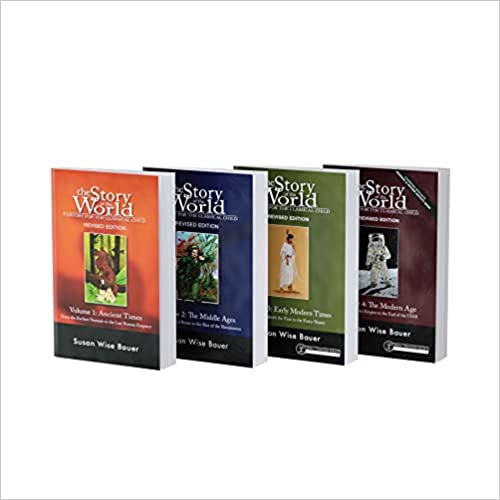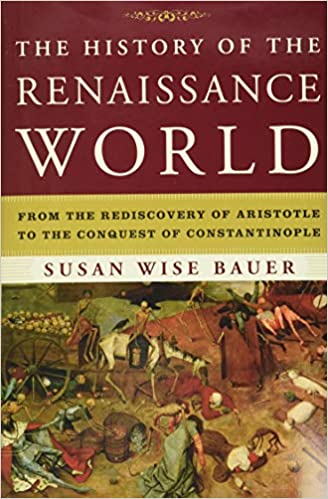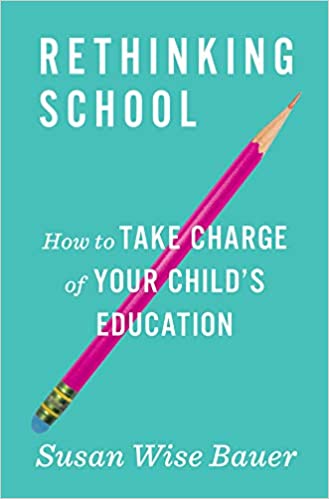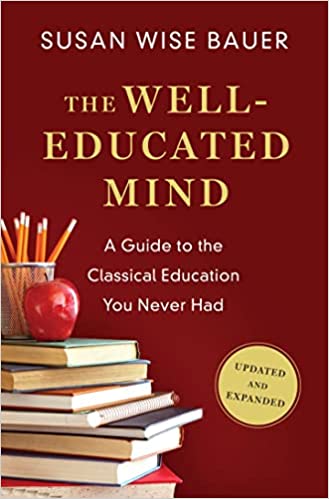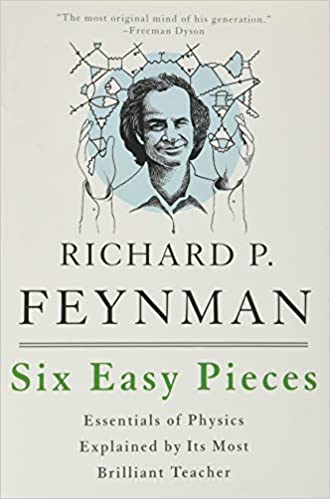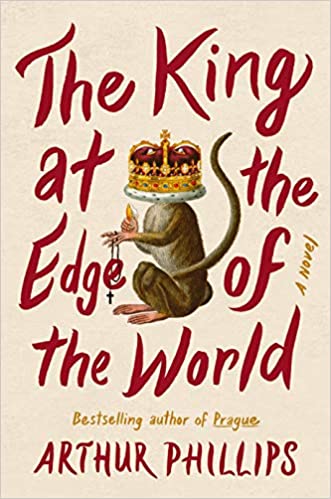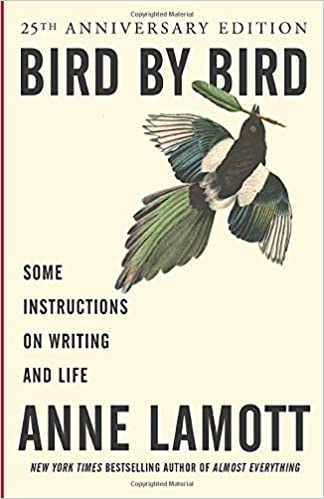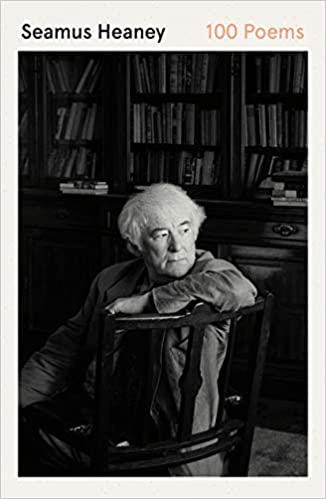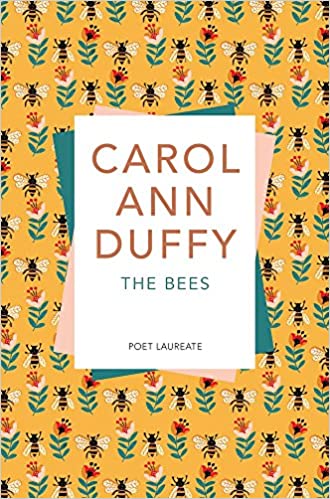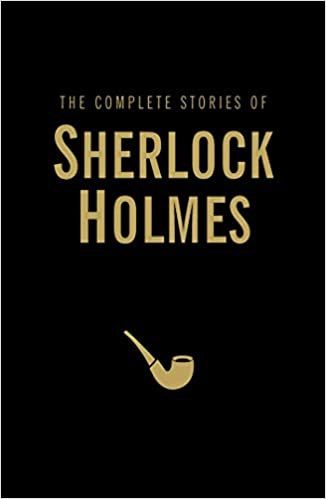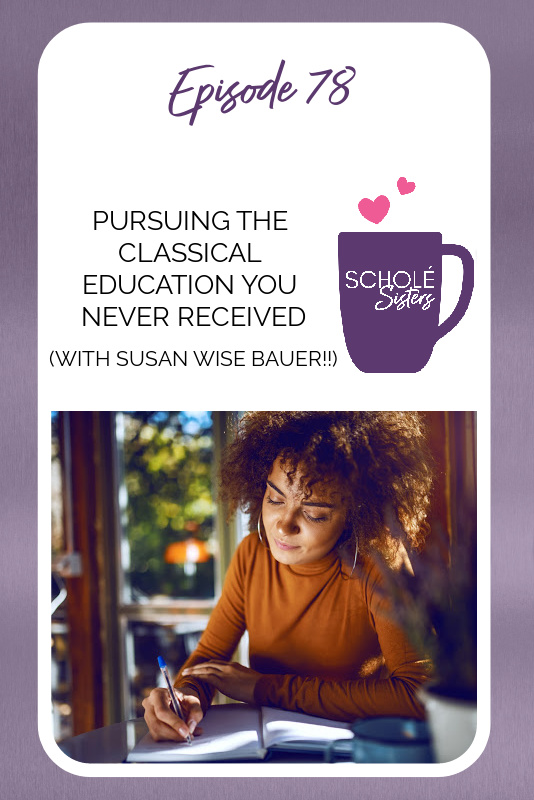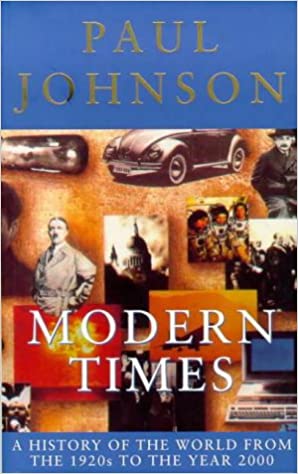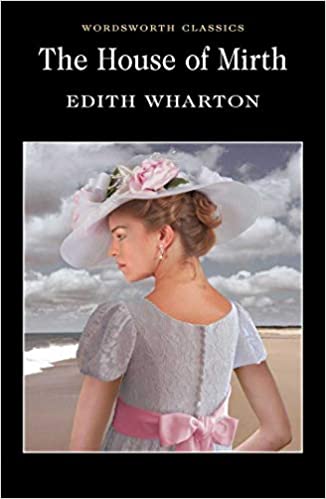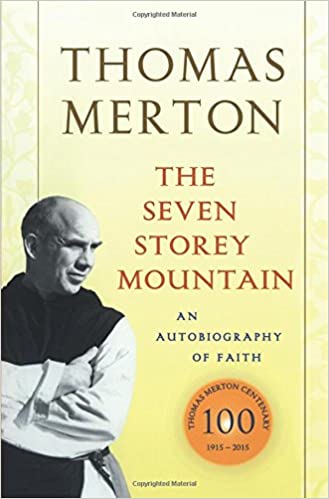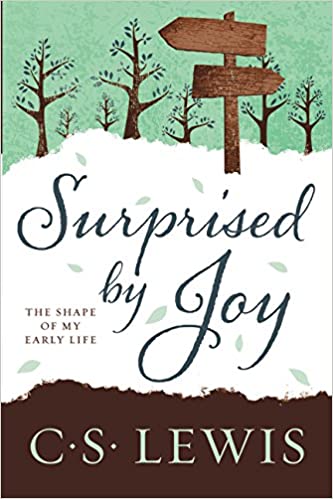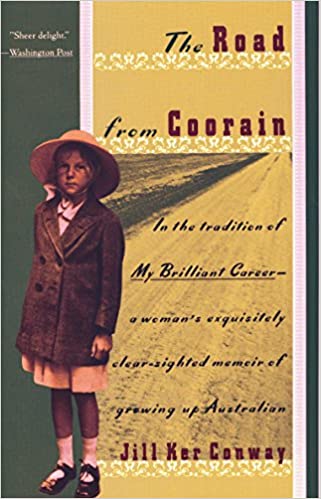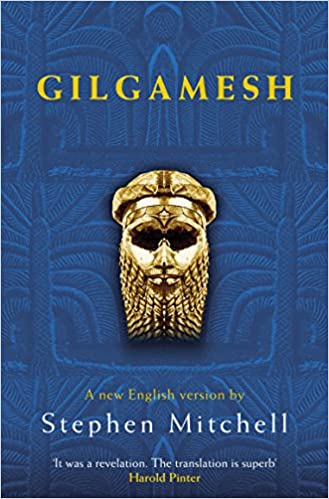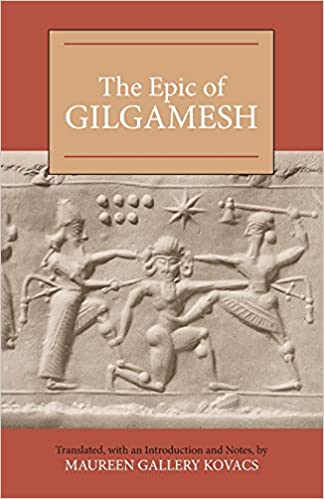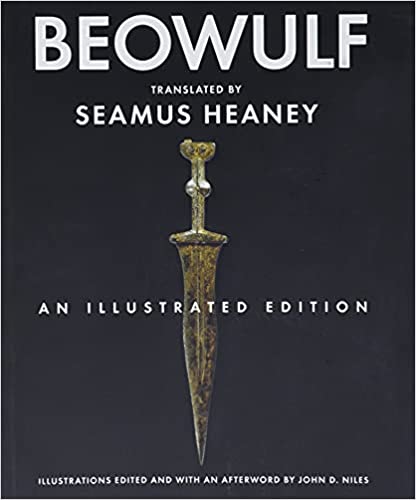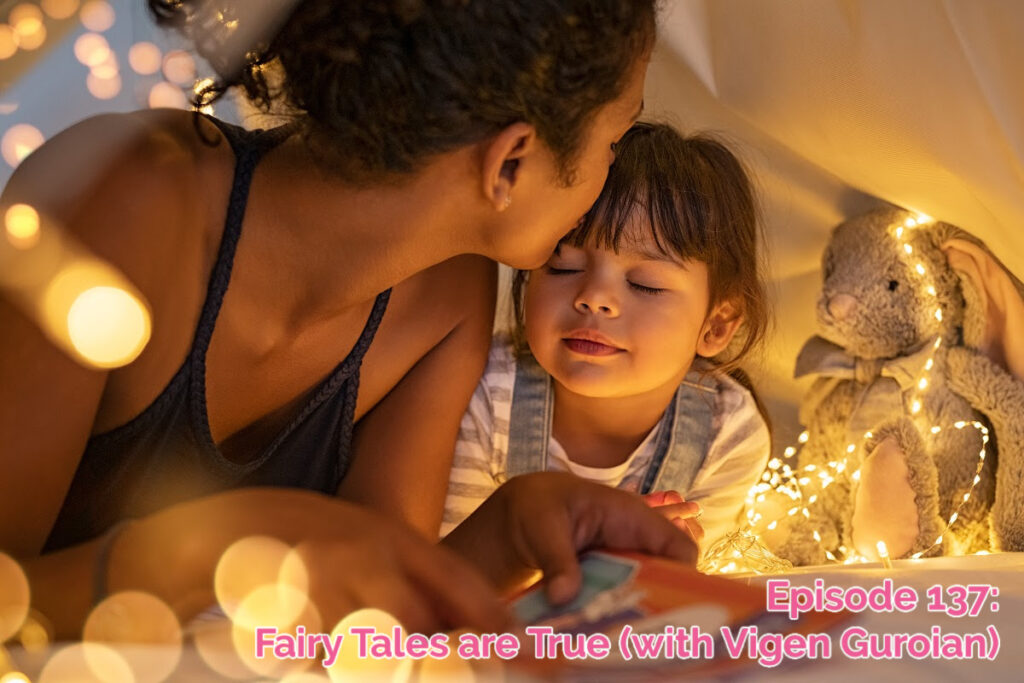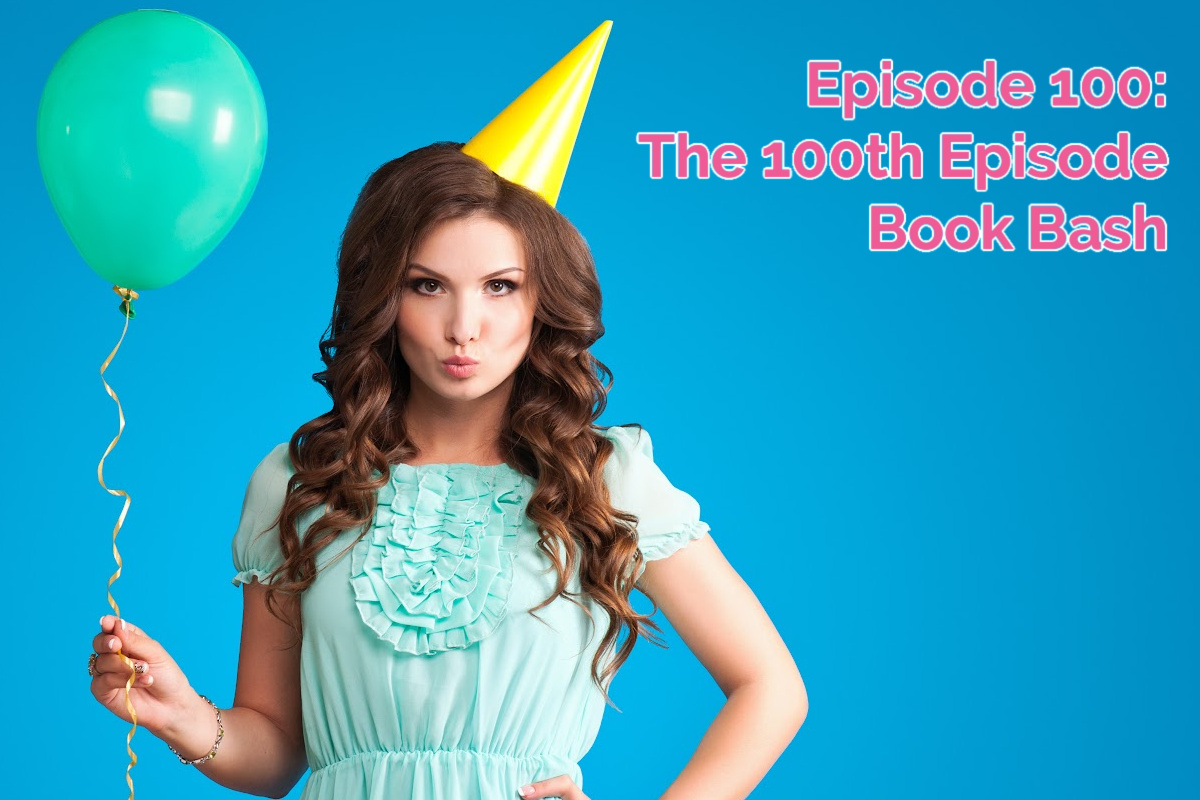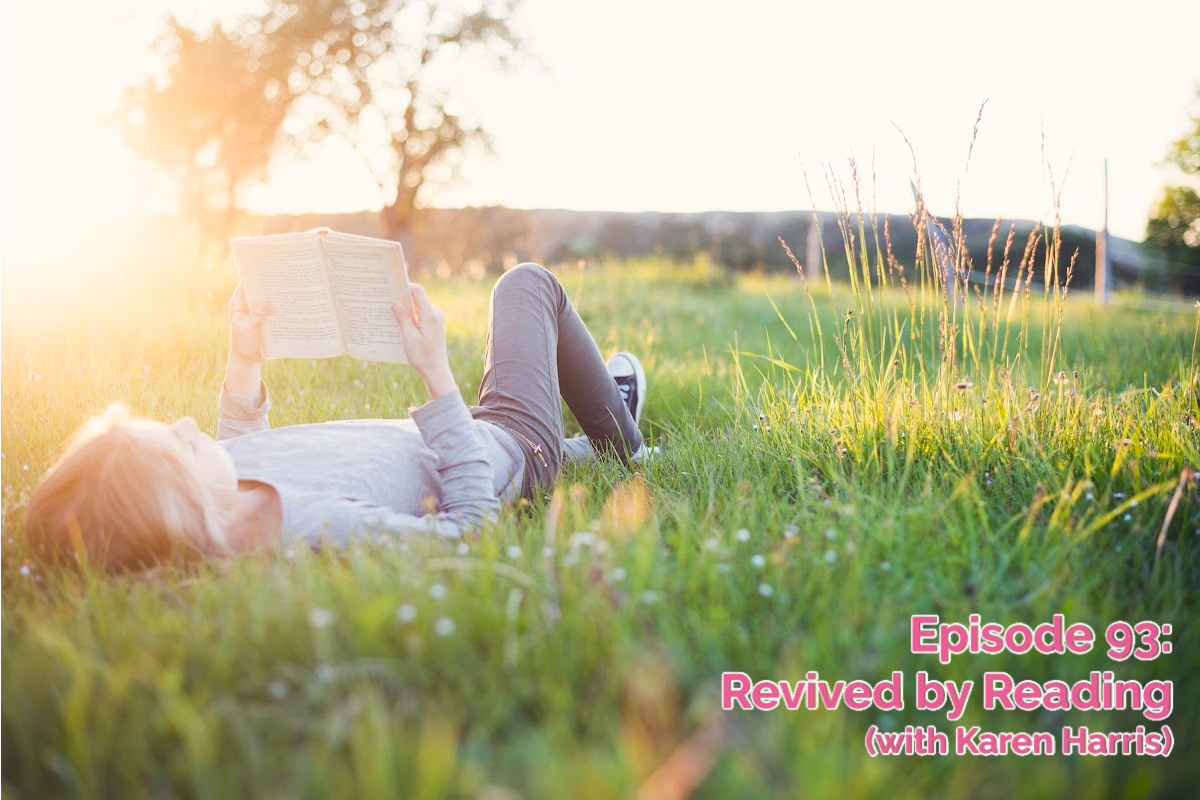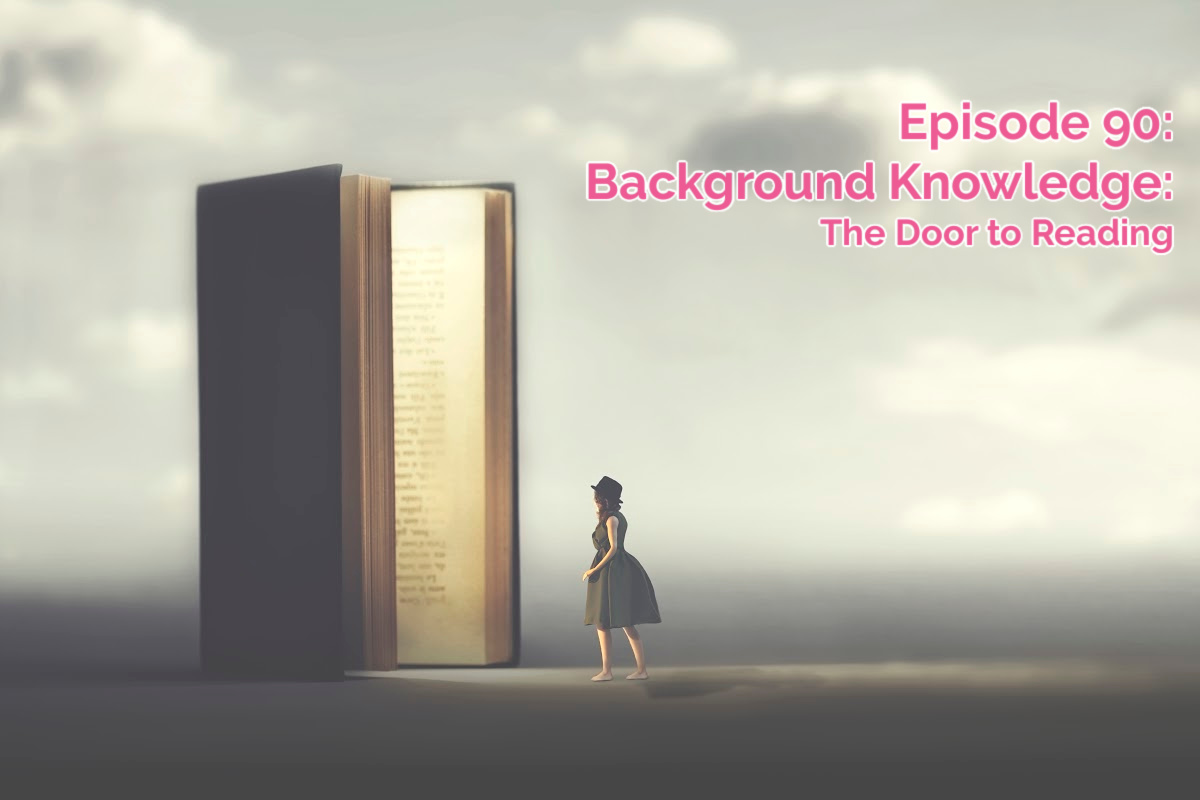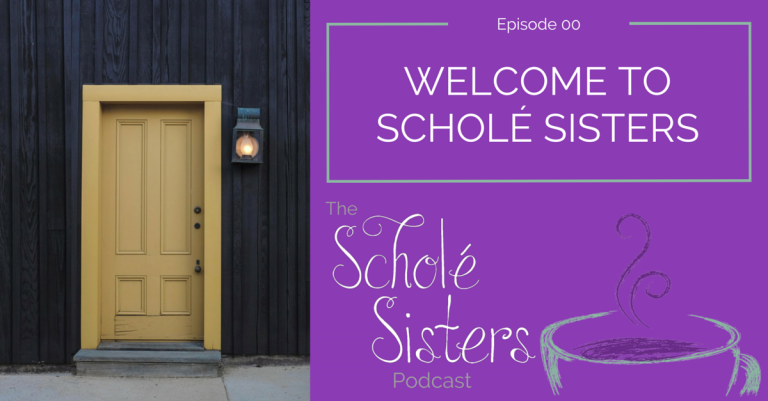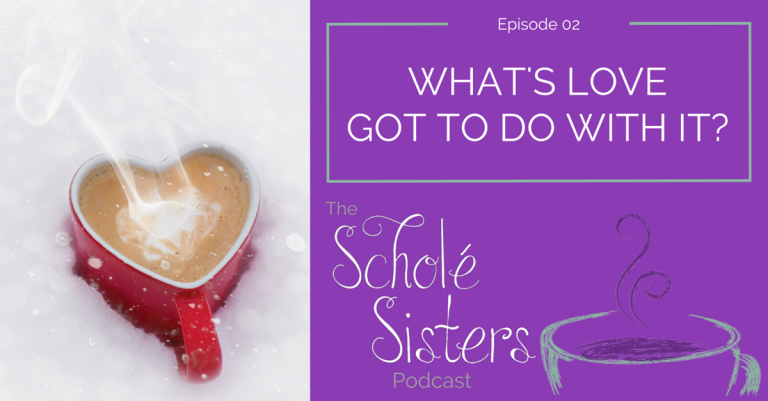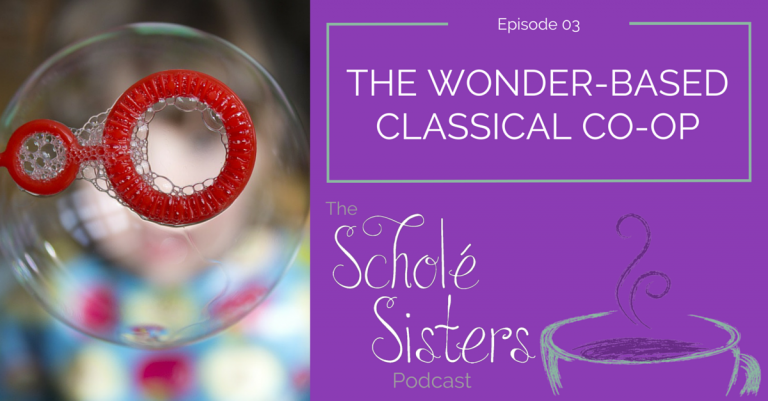SS #78: Pursuing the Classical Education you Never Received (with Susan Wise Bauer!!)
Today’s discussion is all about giving ourselves the classical education we never received. That’s was Susan Wise Bauer’s book, The Well-Educated Mind, is all about, and it’s why we knew she was the perfect person to discuss this with. You are going to LOVE listening to her!
Listen to the podcast:
TUNE IN:
Apple Podcasts | Spotify | Stitcher
How to educate yourself by reading
Today’s Hosts
Today’s Guest
We are absolutely thrilled to have Susan Wise Bauer on the show today! Susan Wise Bauer is a writer, historian, educator, and farmer. She’s the author of twenty books and the founder of the educational publishing company Well-Trained Mind Press. Susan’s parents taught her at home for most of elementary and middle school, and all of high school.
She went on to earn graduate degrees in divinity, English literature, and American studies. She has been married to Peter since 1990. They have four grown children, all taught at home; one child-in-law, one grandchild; and many, many sheep.
“The goal of classical self-education is this: not merely to ‘stuff’ facts into your head, but to understand them. Incorporate them into your mental framework. Reflect on their meaning for the internal life.”
Susan Wise Bauer, The Well-Educated Mind: A Guide to the Classical Education You Never Had
Books by Susan Wise Bauer we’ve featured on the podcast:
Download Your Scholé Sheet:
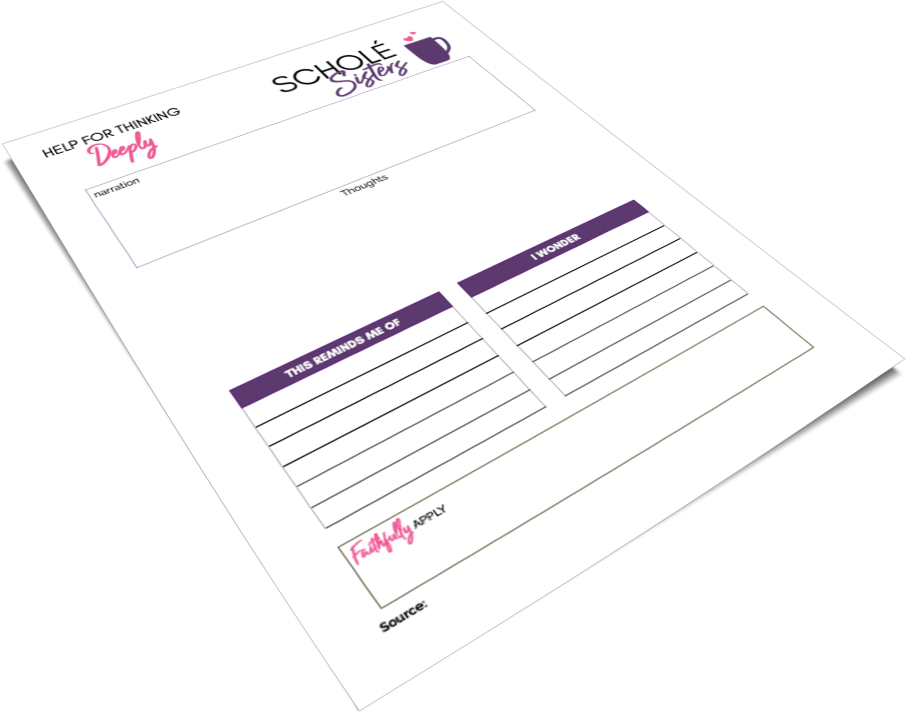
Practice deep thinking. Use this free printable note-taking page to take guided notes on this episode with Susan Wise Bauer:
Scholé Everyday: What We’re Reading
Six Easy Pieces, Richard Feynman
Mystie is attempting, once again with her second high schooler, to co-read this Physics classic.
King at the Edge of the World, Arthur Phillips
Susan is usually annoyed by historical fiction, but is finding this book – whose clever title attracted her – a fascinating account of early modern interaction between Muslim and Protestant cultures.
Bird by Bird, Anne Lamont
Susan also reads, each morning, a book related to writing and creativity. Her current title is Bird by Bird.
Complete Sherlock Holmes, Sir Arthur Conan Doyle
Brandy stopped being a chicken and chose Sherlock Holmes for her family read aloud and is continuing on with her own reading of the complete works.
Do I know enough to homeschool?
Many moms would like to homeschool, but are terrified to do so because they don’t feel qualified. While qualification in the world’s sense is not needed to homeschool, still our own ability and knowledge base as moms will affect our homeschool.
We aren’t stuck with the education we received. We can continue to learn and improve our depth of understanding as well as our breadth of knowledge.
It takes commitment, even putting it on your calendar, but it is totally possible.
Everyone feels inadequate when they begin to homeschool because we’re growing in maturity and realize just how much we don’t know. However, humility is a qualification for learning, not a hinderance.
Self-education with The Well-Educated Mind
Many people have successfully used The Well-Educated Mind, but “success” doesn’t mean “finished.”
You don’t have to read everything and you should start by reading something you enjoy. The Well-Educated Mind is not set up to work through from front to back. Instead, choose whichever section you prefer, then follow the chronological readings.
By reading in a single genre chronologically, you will also see thought and history unfold and thus reach a better understanding.
Homeschooling high school
If we pursue an intentional reading plan like the one in The Well-Educated Mind, will we be ready to homeschool teenagers when the time comes? Susan answers both yes and no:
The key to homeschooling upper middle school and high school is to shift your perspective so you realize that you are no longer the teacher. You are the umbrella organization.
Susan Wise Bauer, episode #78
When your student branches out into prealgebra and expository writing in about 7th grade, it’s time to make the shift from teacher-of-everything to co-ordinator of everything, because most likely you can teach one of those subjects competently, but not both.
Model how to learn independently
When you hit 7th or 8th grade with your child, you are no longer are the education dictator, as you ought to be in the elementary years. Instead, you and your child are both on paths of personal education.
By pursuing education yourself, you are demonstrating to your child through your own choices that education, that reading, is valuable. Words alone will not cut it with 12-year-olds. Prove it by continuing your own education alongside them while directing their education from a variety of sources.
As moms, we should be fellow pilgrims on the path of learning. It won’t make us better teachers necessarily, but it will make us creditable leaders.
Education matters when the kids are gone
However, the primary reason we should read is not in order to model learning. The primary reason we read is because it truly is valuable and enriching and integral to our own growth as persons.
We each are persons, with minds, and we as women need to not key all our activity and identity on our children because they will leave. If we keep our own intellect fed and alive, we will find ways to be active and fruitful even after our children’s education and upbringing has left our hands and homes.
Education matters when the kids are gone
However, the primary reason we should read is not in order to model learning. The primary reason we read is because it truly is valuable and enriching and integral to our own growth as persons.
Susan points out that she had 30 years with her kids, but now she will likely have another 30 years without them. After dropping off her youngest at college, she’s glad for the interests and education she has apart from her role as mother and homeschooler.
Reading alone v. reading with a book club
The first time you read a book, you’re just being introduced. You find out what it’s about. Then you revisit parts of the book after you finish to really think about them and figure out what’s going on.
But you haven’t really thought about the book until you’ve put your thoughts in words. Until you express your thoughts in a way that communicates to other people, you have jumps in logic and a jumbled mass of thoughts that you haven’t actually figured out until you piece them together into coherent sentences.
A book club gives you a reason and occasion to really develop your thoughts and also see the book from multiple angles.
You don’t know what you’re thinking until you’ve written it down.
Susan Wise Bauer, episode #78
Read outside utilitarian needs
You will actually be better prepared and renewed to tackle your responsibilities as a parent and educator if you take 15-30 minutes a day to read something not at all related to parenting or education.
The more tendrils you put out there, the more they will sort of twine through the universe and light it up for you.
Susan Wise Bauer, episode #78
Education through reading is a humanizing activity because it allows us to connect to other humans, as well. When we have ideas to discuss, we can talk to others – including teen and adult children – on a level other than sharing circumstantial information.
The more narrowly you focus on the task of parenting and educating your kids, the less effective you become at that task. Lighten up, pull back, get perspective, and stay broad.
Expectations with reading hard books
Quantity does not determine the value of reading. You can’t read Plato the same way – or in the same quantity – as you read Stephen King. It can be deflating to take 30 or 60 minutes to read a single page, but that page might contain more ideas and quality than a whole stack of inferior books.
It is worth it to read hard, enriching books slowly.
Keeping a reading journal
The purpose of the reading journal is first to begin expressing in your own words the book’s main ideas so that you can be sure you grasp them.
It is also to help you remember the key highlights. Just as you wouldn’t take a difficult class without taking notes, you shouldn’t read a serious book without taking notes. You will remember more of what you learn and you will have a reference to review.
Susan Wise Bauer mixes her reading notes with her own personal life journals. If what you’re reading is worth reading, it’s because it connects to the human condition. That means your lived experience can be enriched and tied to what you’re reading, which is better accomplished by thinking through the pen.
Mentioned in the Episode
Listen to related episodes:
SS#137 – Fairy Tales Are True (with Vigen Guroian!!)
SS #100! Book Bash!
SS #93: Revived by Reading (with Karen Harris)
SS #90: Background Knowledge (The Door to Reading)



